 |
| August 05, 2020 |
Dear Reader,
While we don't know for sure what set off the catastrophic explosion in Beirut yesterday, the Lebanese prime minister Hassan Diab said the blast was caused by around 2,700 tons of ammonium nitrate stored unsafely in a warehouse near the capital city's cargo port. At least 78 people were killed and thousands more suffered injuries. For an industrial ammonium nitrate disaster to occur, a lot needs to go wrong. Tragically, this seems to have been the case in Beirut. Today's main story explains what the highly reactive chemical is and how it could have caused the deadly blast. |
| | Sunya Bhutta, Senior Editor, Audience Engagement
@sunyaaa | |
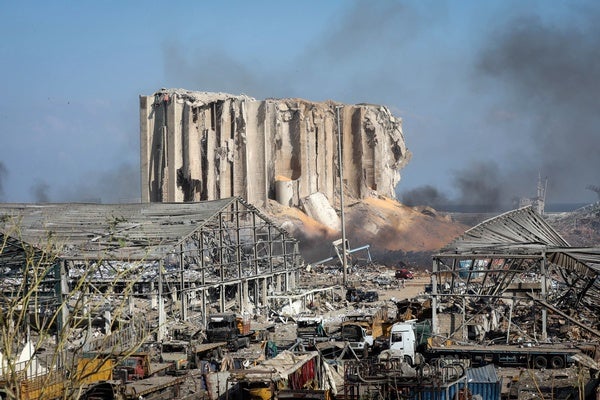 |
| |
| |
| |
| |
| |
| |
| |
| |
FROM THE STORE
 | | | |
| |
FROM THE ARCHIVE
 | | | |
| |
LATEST ISSUES
 |
| |
| Questions? Comments?  | |
| Download the Scientific American App |
| |
| |



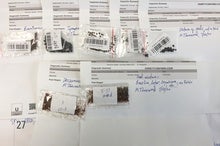

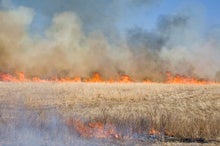
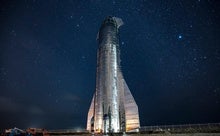



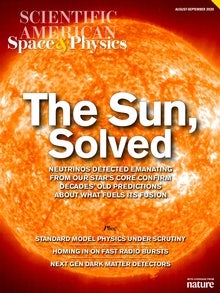

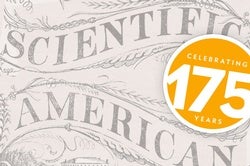
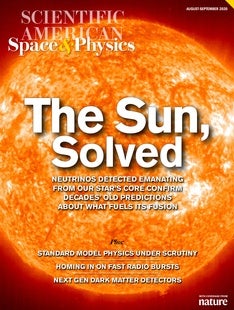

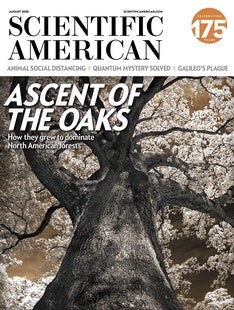
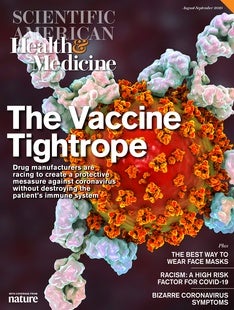
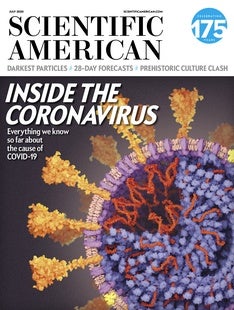



Comments
Post a Comment